From Christy Anyanwu, London
The need for investors to transform Africa’s economy through the power of long term and impact-driven investments was one of the highpoints at the 11th edition of the Africa Debate Conference organised by Invest Africa. The conference, which took place in London, brought together a network of over 700 investors, policymakers, and corporate leaders from government agencies, commercial banks, private equity funds, sovereign wealth funds, and top companies across energy, oil & gas, technology, infrastructure, mining, agriculture, logistics, and beyond, to champion the roadmap for improving the economy of the continent.
For the CEO and founder, Kuramo Capital, one of the leading African private equity and frontier markets, Wale Adeosun, the conference with the theme ‘Harnessing Natural Capital for Growth’ provided the right environment to accentuate the importance of backing businesses that generate inclusive growth and shared value.
Adeosun’s blueprint for the transformation of the African economic landscape at the conference centred around the story of successful transformation of Plantations et Huileries du Congo (PHC), the largest industrial palm oil producer in the Democratic Republic of Congo under Kuramo’s majority ownership. Not a few participants at the conference agreed that PHC’s success was a potential roadmap about how patient capital, local partnerships, and a commitment to sustainability can unlock not just business success, but long-term socio-economic impact in the African continent.
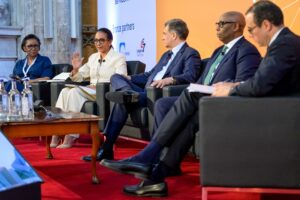
Speaking at the conference, Adeosun narrated how the transformation of Plantations et huileries du Congo – PHC began in 2017 with Kuramo Capital investment and its acquisition of 76 percent stake in 2020. According to him, Kuramo Capital has been instrumental in PHC’s restructuring, supporting governance reforms, building capacity across operations, and prioritising education, health, and infrastructure in surrounding communities. He revealed that through its impact-first approach, Kuramo has helped PHC become more than a palm oil producer; it has become a catalyst for rural development and economic resilience in the DRC.
“PHC’s impact goes far beyond industrial performance. It is a model of inclusive, community-driven development. Through PHC, we operate 4 hospitals, with 460 beds and record 160,000 consultations, offering free healthcare for all employees. We have built and renovated 40 public schools serving over 7,000 pupils and dug 72 water boreholes serving neighbouring villages. To us, it is all about this shared prosperity, added Adeosun.
As of today, PHC is credited for the cultivation of 25,000 hectares, just 30 percent of its 107,000-hectare concession. 30 percent of its land is preserved as High Conservation Value (HCV) forest, and 40 percent is used by local communities for food crops and livelihoods. This, according to the CEO and founder of Kuramo Capital, underscores PHC’s full commitment to zero deforestation, biodiversity conservation, and sustainable expansion, with future growth targeted at rehabilitating old, abandoned concessions.
Kuramo capital, a response to lack of indigenous fund managers, minimal focus on SMEs and non-availability of first-time funds was launched to address these obvious challenges confronting business growth in Africa. As of today, Adeosun said Kuramo capital has anchored 15 first-time funds, almost all the private equity funds in Nigeria. “We’re proud to be the pioneering fund-of-funds on the continent, raising around $800 million, and catalysing about $3.5 billion into Africa as anchor investors. Alongside that, we’ve made 20 direct investments across critical sectors—financial inclusion, infrastructure, healthcare, energy, and technology,” he revealed.
Back home, despite the macroeconomic turbulence, Kuramo’s confidence in Nigeria, the company’s core market, remains unshaken. Adeosun pointed out that Nigeria is often underestimated by many who still base their assessment of the country’s GDP on outdated official figures. To him the nation’s GDP should be $1.5 trillion. “People often underestimate Nigeria. I argue that Nigeria’s GDP should be $1.5 trillion, not the outdated official figure because we’re not capturing real economic activity. Our GDP hasn’t been rebased since 2014, despite massive transformation.
“Look at what’s happened: explosive growth in private equity, technology, fintech, creative industries, and pensions. Kuramo alone has backed 250 companies across our fund and direct portfolio. For instance, our fintech investments—Paystack, Flutterwave—became unicorns in years, not decades. The pension industry has grown from ₦5 trillion to ₦23 trillion, fueling capital markets. Afrobeats and Nollywood are reshaping global perceptions, attracting investment. Even amid inflation, our portfolio companies report record revenues. Nigeria’s informal economy and entrepreneurial spirit are its untapped engines.
“Our investee companies are posting record revenues despite macro headwinds. How? Because disposable income is higher than what official data reflects. We also see significant informal remittances and diaspora investments. And fintech has revolutionised financial services. Nigeria leapfrogged even Kenya’s Mpesa. We’re seeing digital payments, startup unicorns, thriving creative industries like Afrobeats and Nollywood, all these point to an economy brimming with untapped value,” he said.



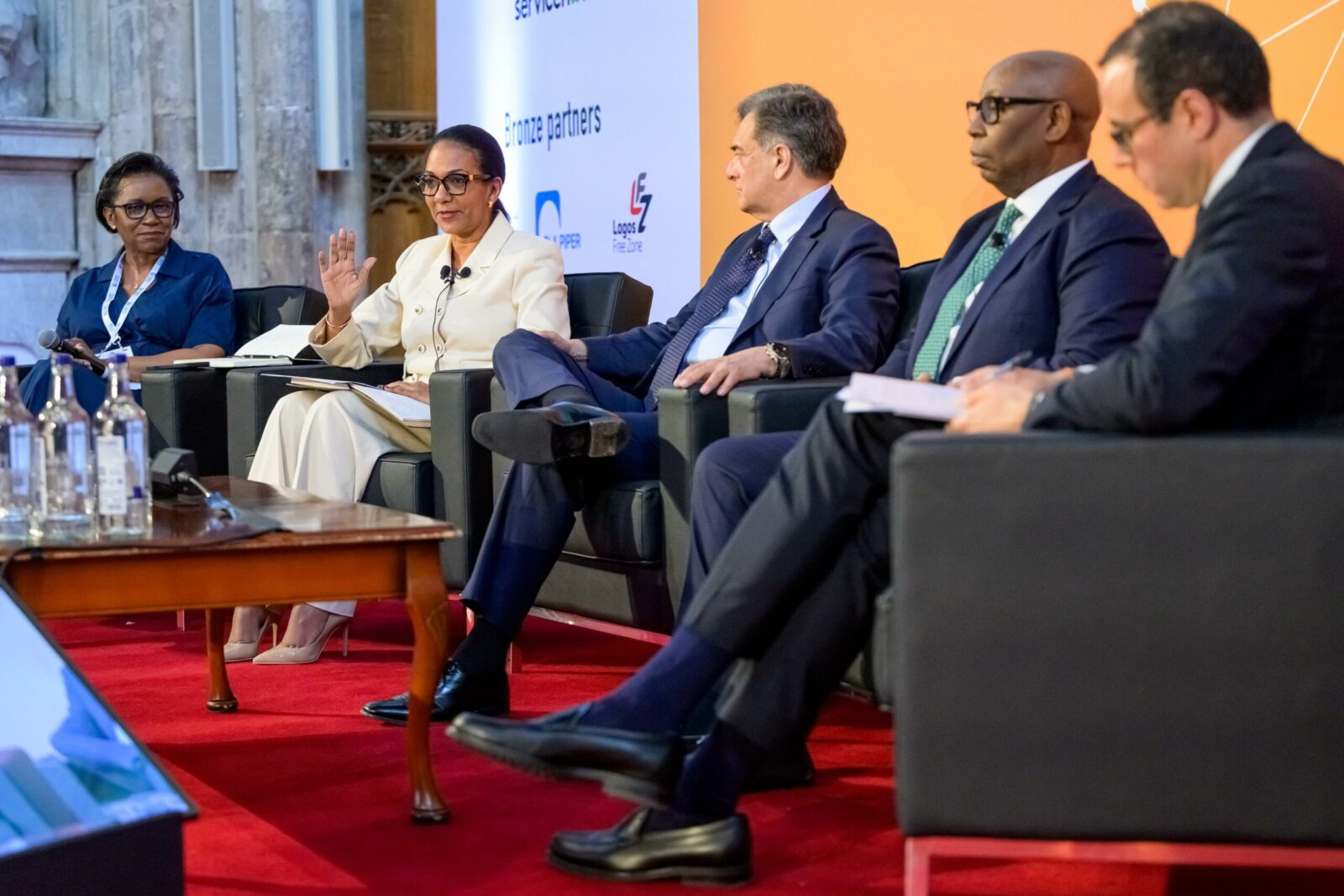
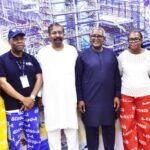

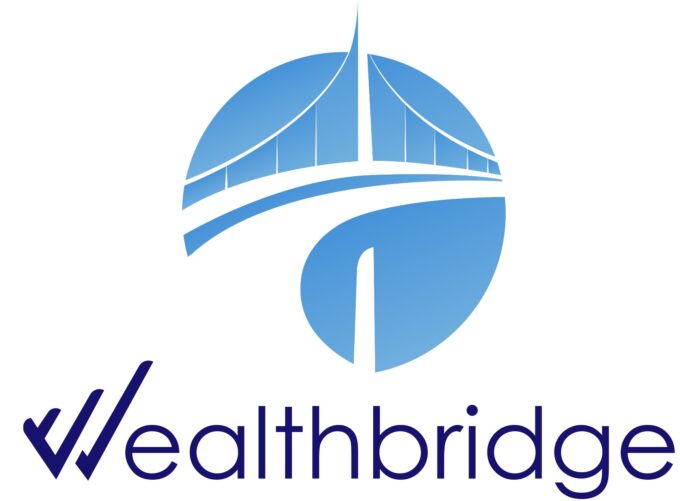








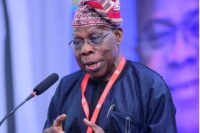
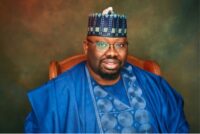
Leave a comment